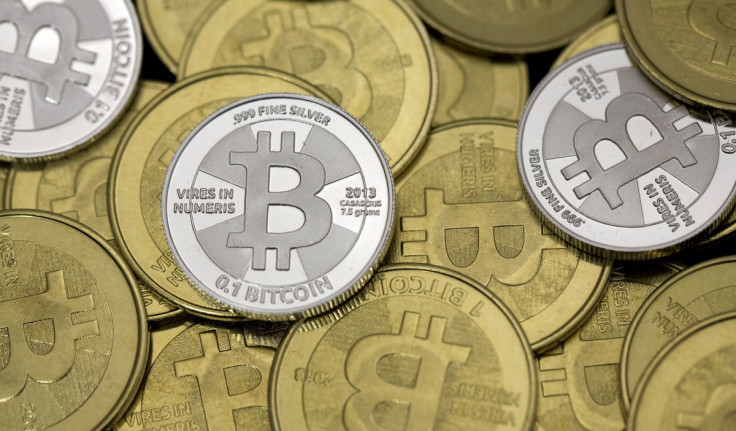How Bitcoins Can Bring Regulated Ownership to a Digital World

Bitcoins are valuable for what they allow, rather than their inherent quality as a currency, and could be used as a way of giving meaningful, controlled value to digital goods.
Such a system could open the door to a digital second-hand market, where downloaded films, albums and ebooks could be lent or resold, with the seller losing access to it once the transaction has been made - and it would all be logged in a bitcoin-style blockchain.
This has been expanded from the thinking of Financial Times columnist John Gapper, who believes the peer-to-peer technology which controls the use of bitcoins and cryptocurrencies as a whole could be used "to assign and transfer ownership of online tokens", creating possibilities that reach far beyond payments.
Gapper cites a blog post written in 1997 by Nick Szabo, a computer scientist and former law professor who is among those suspected of being the pseudonymous bitcoin creator Satoshi Nakamoto, a claim he denies.
Smart contract
Szabo writes about the idea of a "smart contract" embedded into the hardware or software of products and acting as a means of returning them to their creator, or preventing the owner from keeping them after a certain time.
Looking at the motoring industry, Szabo envisioned a technology whereby a "cryptographic key" is programmed to give a car's owner rightful use of the vehicle, as stated by the contract they signed to buy it.
If the car was bought on finance and the owner stops making their payments, the key could be informed of the breach of contract and render the vehicle inoperable. The system could also be used to prevent theft.
Szabo outlines a simple list of rules for the crypto-key to follow:
- 1. A lock to selectively let in the owner and exclude third parties
- 2. A back-door to let in the creditor
- 3a. Creditor back-door switched on only upon non-payment for a certain period of time, and:
- 3b. The final electronic payment permanently switches off the back-door
If such a model of ownership controlled by the distributor is applied to digital goods, then restrictions on lending or trading downloaded music, video and ebooks could be enforced - or relaxed - as the creator or distributor sees fit.
Expanding on this and incorporating bitcoin's technology, Gapper adds: "Bitcoin provides a method for the effective transfer of ownership. Once a bitcoin is handed to someone else, the first holder cannot spend it again. If the same kind of transfer were achieved for other digital items, ownership would be meaningful."
Second-hand store for digital content
Such ownership would give buyers of digital files like films, TV programmes and music the ability to sell these files on, opening the door to 'second-hand' stores for digital content; and by consulting an equivalent of bitcoin's blockchain, buyers would be able to see how many previous owners a file has had, similar to a car's log book.
The blockchain could also be used by content creators to keep tabs on how often their work is lent or resold, and for how much money; by not allowing content to be owned without the correct crypto-key to play it, piracy would be curbed.
Anonymity
While this might sound like a George Orwell nightmare, remember how the bitcoin community is happy to make financial transactions - even massive robberies - in broad daylight because their identities are almost impossible to trace. The same anonymity could be used in the reselling of second-hand digital media.
Although digital files do not experience a loss in quality with age, buyers who want a new album or film would initially buy it for the full retail price on day one; they may then choose to sell the file on a few weeks or months later at a reduced price depending on the product's age.
It is unlikely that film and record producers would want a market whereby their seemingly indestructible digital content loses value over time, but for some consumers a second-hand digital market could be an ideal alternative to the current, arguably overpriced, system.
© Copyright IBTimes 2025. All rights reserved.






















